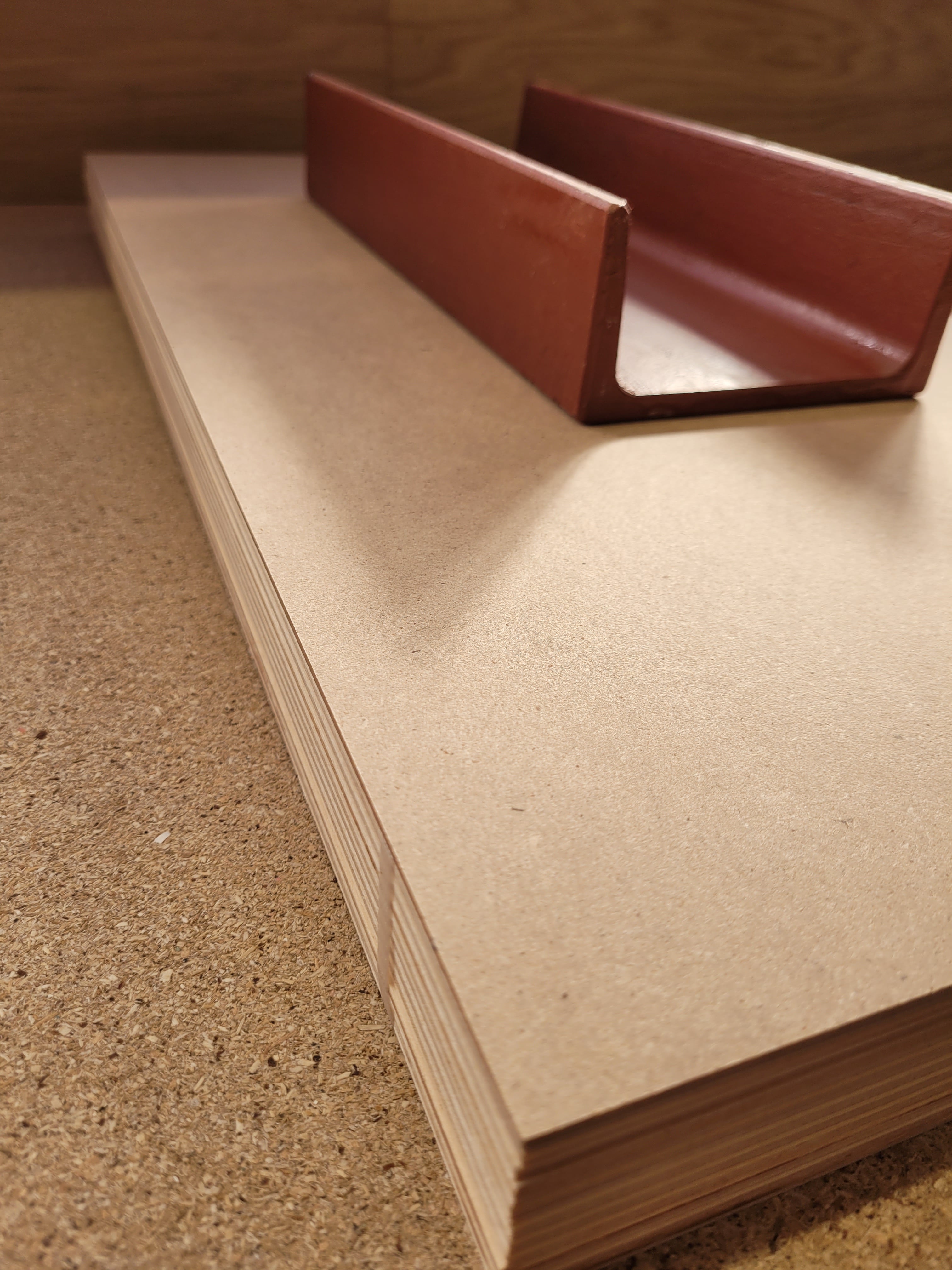What makes good laser wood?
Not every wood is equally suitable for laser processing. The quality of the material affects the cut appearance, engraving result, and ultimately the success of your project. In this article, we explain what to look for in wood for laser cutting – so your projects become clean, precise, and aesthetic.
1. Uniform structure and wood quality
A good laser wood has a uniform grain and a homogeneous structure. This ensures consistent engravings and precise cuts. Even lively grains or knots can give the project an individual character.
2. High-quality gluing in plywood
Plywood consists of several layers of wood that are glued together. For laser processing, a high-quality, laser-compatible glue is crucial, as inferior adhesives can cause unpleasant odors during laser cutting or lead to rough cut edges.
3. Optimal moisture
Too moist wood tends to swell and warp during laser cutting. Therefore, the material should be well dried and stored to ensure precise cuts and clean engravings.

4. Smooth surface for best results
A finely sanded surface ensures that engravings appear clear and clean. Some wood panels, such as Smoothy Ply, offer particularly smooth surfaces that are ideal for fine details.
5. Consistent panel thickness
Especially for Plywood and HDF, a consistent panel thickness is important. Variations can lead to uneven engraving depth and problems during laser cutting.
6. Free from harmful substances
Since materials evaporate during laser cutting, it is important that the wood is free from harmful varnishes, paints, or chemicals. Only then can you avoid health-damaging fumes and protect your laser device.
7. Laser-optimized cores and veneers
For veneered panels, the combination of a stable core and a noble surface is crucial. Laser-optimized cores ensure good workability, while the veneer meets the aesthetic requirements.







